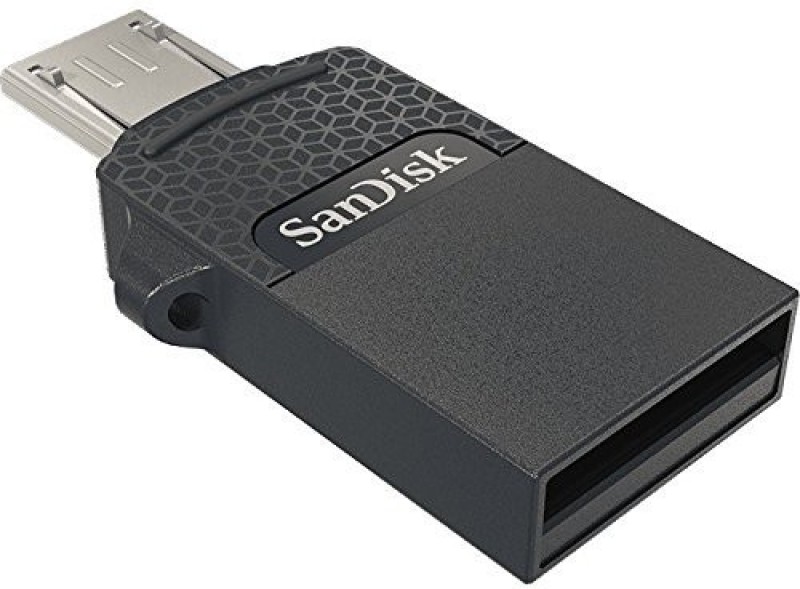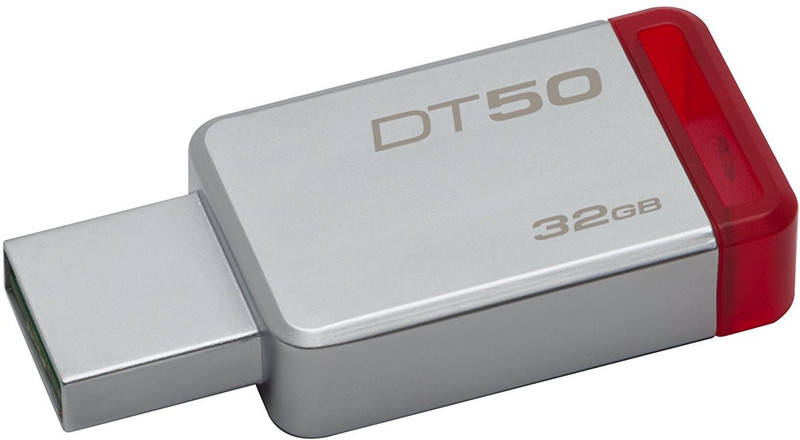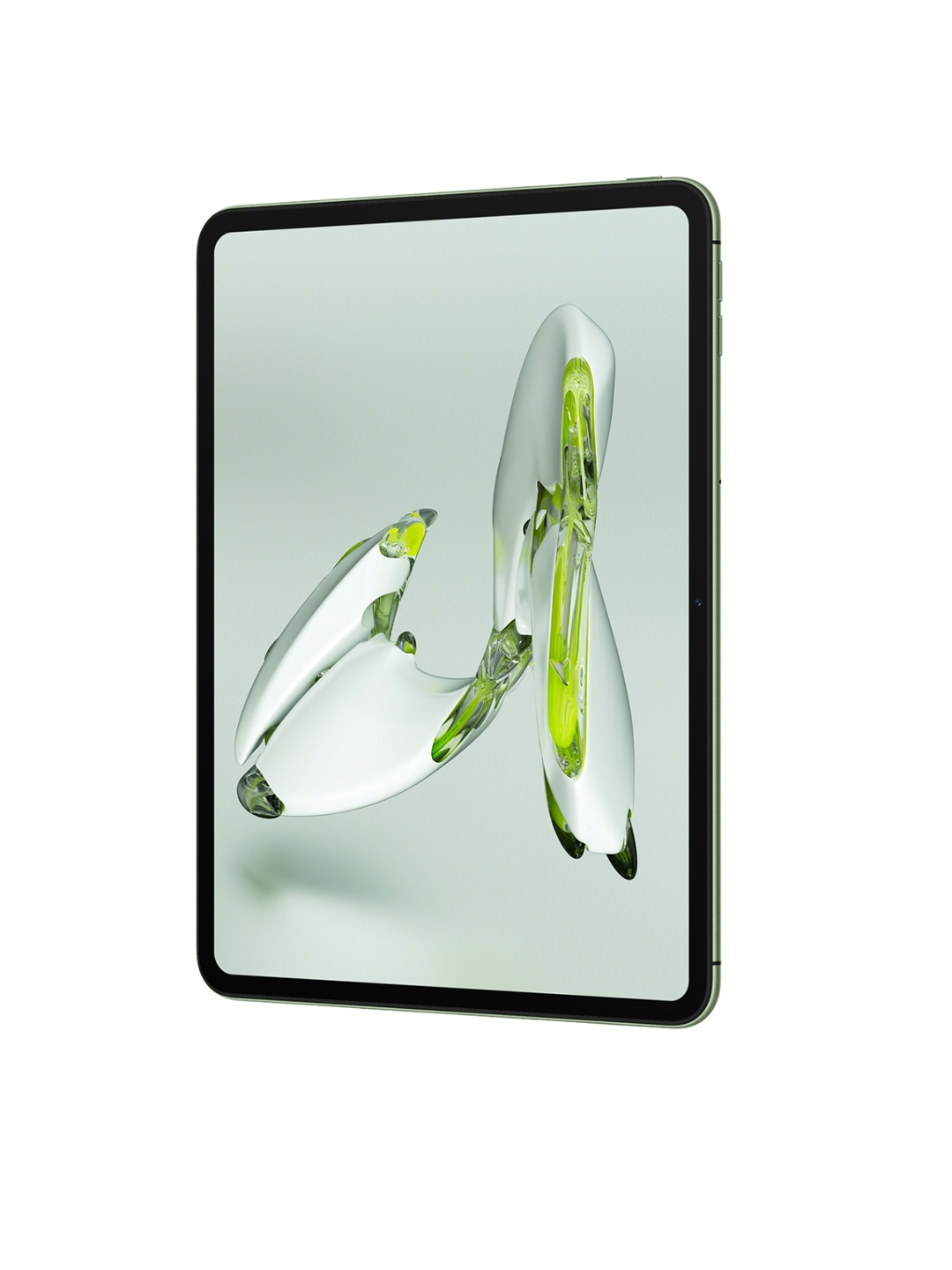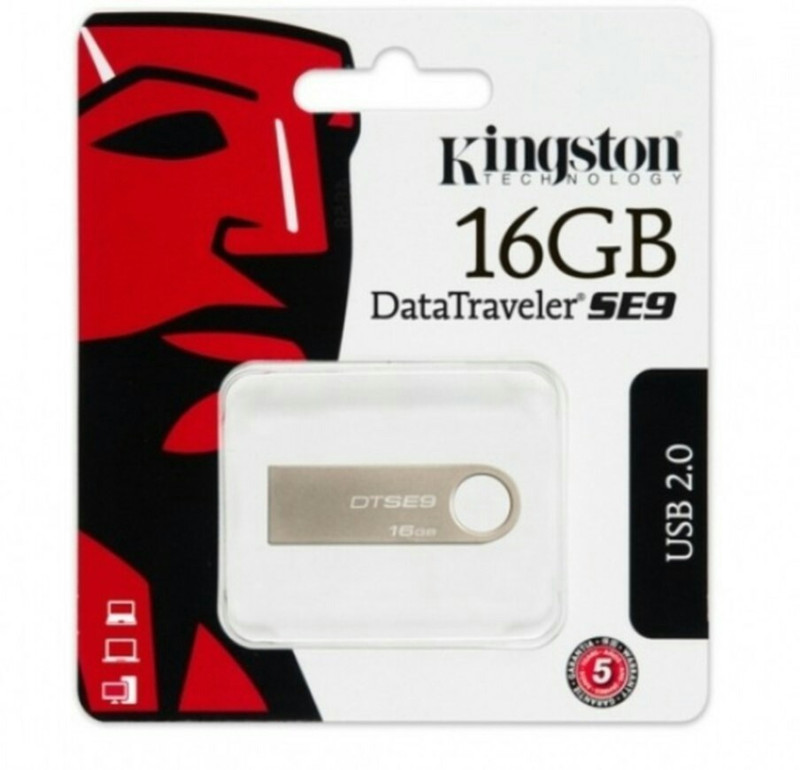Compact, Crisp And Powerful: Why Everyones Talking About Mirrorless Cameras

Photography isn't what it used to be. Gone are the days of lugging around bulky gear just to capture that perfect shot. Today, there's a buzz echoing through camera shops, travel forums, and social media feeds, mirrorless cameras. Touted as the future of photography, these pocket-sized powerhouses are reshaping how people see the world through a lens.
They're not just lighter alternatives; they're feature-packed marvels that offer DSLR-level quality with the portability of a compact camera. Whether snapping street scenes in Lisbon, capturing that once-in-a-lifetime safari moment, or simply chronicling everyday life, mirrorless cameras are increasingly becoming the go-to gadget. But what's behind their soaring popularity?
Let's dive into why these nifty devices are changing the game, and why they've earned a rightful place in every shutterbug's heart.
1. A Breath Of Fresh Air: Say Goodbye To Bulk
One of the most liberating things about a mirrorless camera is how featherlight it feels in hand. Traditional DSLRs, while robust and reliable, can feel more like a gym workout than a creative tool. Those who've hiked up a hill for the perfect sunset shot will know the struggle of a camera bag that doubles as dead weight.
Mirrorless cameras ditch the mirror mechanism, which means fewer parts and a dramatically smaller body. That translates to less shoulder ache, more spontaneous shooting, and a level of mobility that makes photography feel more natural. It's like going from wearing hiking boots to comfy trainers, there's simply no going back.
This compactness doesn't mean compromise. Many mirrorless cameras deliver image quality that stands toe-to-toe with their DSLR counterparts. It's the best of both worlds, power and portability wrapped into one sleek package.
2. Sharper Than Ever: Image Quality That Speaks Volumes
There's a common misconception that smaller cameras mean lower image quality. But mirrorless models have put that myth to bed. Equipped with cutting-edge sensors, many identical in size to those in DSLRs, they produce stunning, high-resolution images bursting with detail.
For travellers, content creators, or even weekend hobbyists, this means no more sacrificing quality for convenience. Whether shooting landscapes in Iceland or candid portraits at a friend's wedding, mirrorless cameras handle it all with finesse. Colours pop, details stay crisp, and the results often look straight out of a high-end magazine spread.
The real charm lies in how effortlessly these cameras adapt. They shine in low light, deliver dynamic range that captures every nuance, and handle motion with grace. It's the kind of quality that lets every photo tell a story, and that story just happens to be ultra high-def.
3. Silence Is Golden: Shoot Without Disruption
There's something magical about capturing a quiet moment, a child sleeping, wildlife in its element, a peaceful cathedral. But click… that familiar shutter sound can jolt the moment away. Enter the silent shutter mode of mirrorless cameras.
With no mirror slap, many mirrorless models offer virtually silent shooting. It's a game-changer for documentary photographers, event snappers, or anyone who wants to shoot discreetly. Imagine photographing a wedding without the incessant clack of a shutter interrupting heartfelt vows. Or snapping a street performer without disturbing their rhythm.
It's not just polite; it's powerful. It gives photographers the freedom to blend into the background, to become observers rather than disruptors. And that makes for more authentic, emotionally resonant images, the kind that linger in memory long after the moment passes.
Also Read: How To Choose The Right Mirrorless Camera, Top Tips And Tricks
4. Seeing Is Believing: The Electronic Viewfinder Advantage
Looking through the lens used to be a game of guesswork. Adjust, snap, check. But with electronic viewfinders (EVFs) in mirrorless cameras, what you see is exactly what you get.
EVFs show a real-time preview of exposure, white balance, and depth of field, making it easier to fine-tune settings before pressing the shutter. It's like having a live rehearsal before the main act. For beginners, it removes much of the mystery. For professionals, it speeds up the workflow and ensures accuracy.
This immediate feedback loop means fewer missed shots and less post-processing. Plus, many EVFs can display histograms, focus peaking, and other helpful overlays. It's the digital age's answer to squinting and second-guessing, clear, bright, and impressively intuitive.
5. Speed Meets Precision: Autofocus That Keeps Up
Fast-moving subjects once spelt trouble for autofocus systems, especially in compact cameras. But mirrorless models have flipped the script. With advanced phase-detection systems embedded right into the sensor, these cameras lock onto subjects with astonishing speed and accuracy.
For sports events, pets dashing around the garden, or children in full sprints, mirrorless autofocus systems track them all with surgical precision. Eye-detection autofocus is particularly noteworthy. It locks onto the subject's eyes and holds focus with an almost eerie consistency. Portraits look sharper. Movement feels fluid. There's less almost and more nailed it.
It's this kind of reliable, high-speed performance that has professional photographers taking mirrorless tech seriously. After all, what good is a camera if it can't keep up with the moment?
6. Video Ready: Cinema-Quality On The Go
Mirrorless cameras aren't just about stills. In the world of video, they're giving even dedicated camcorders a run for their money. With capabilities like 4K recording, high frame rates, and clean HDMI output, they're a filmmaker's dream, minus the bulk.
Vloggers, indie filmmakers, and content creators have flocked to mirrorless systems for their compact design and cinematic output. Whether capturing travel diaries, cooking tutorials, or short films, these cameras deliver creamy bokeh, accurate colour, and professional-grade detail.
And it doesn't stop there. In-body stabilisation, face tracking, and microphone inputs have made them go-to tools for visual storytelling. It's as if Hollywood met YouTube and decided to collaborate. The result? Smooth, stunning footage that doesn't break the back, or the bank.
7. The Future Is Firmware: Constantly Evolving
One of the underrated perks of modern mirrorless systems is how much they evolve over time. Through firmware updates, manufacturers can unlock new features, fix bugs, and improve performance, all without requiring users to buy new gear.
It's a bit like getting a free upgrade without leaving your house. Autofocus can get smarter, battery performance can improve, and even entirely new modes can appear post-purchase. This level of software refinement brings a sense of longevity and investment security that's rare in tech.
It also reflects a deeper trend: these cameras are not static tools. They grow, adapt, and improve, just like their users. In an age where technology often feels disposable, mirrorless cameras stand out by being dynamic, updatable companions.
8. Lens Liberation: A World Of Creative Options
Lens choice is often what separates casual snappers from passionate photographers, and mirrorless cameras have risen to the challenge. With a wide and growing ecosystem of native lenses, plus compatibility with DSLR glass via adapters, there's no shortage of creative options.
Want a razor-sharp prime for portraits? A wide-angle for architecture? A creamy telephoto for wildlife? There's a lens for that. And because mirrorless mounts often sit closer to the sensor, they allow for more creative lens design, smaller, faster, sometimes even better than their DSLR counterparts.
For those who enjoy experimenting, vintage lenses can also be adapted with ease. It brings a tactile, old-school charm to the digital world, giving every shoot a splash of nostalgia. It's the kind of freedom that invites photographers to play, explore, and express without limits.
Products Related To This Article
1. Canon EOS 1500D DSLR Camera Body+ 18-55 mm IS II Lens
2. Panasonic DMC-G85KGW-K Mirrorless Camera Body with 14
3. SONY Alpha 6100L Mirrorless Camera Body With 16-50mm
4. NIKON Z 50 Mirrorless Camera Body with 16-50mm & 50-250mm Lenses
5. SONY ZV-E10 Mirrorless Camera Body Only Vlog
6. NIKON Z 50 Mirrorless Camera Body with 16-50mm & 50-250mm Lenses
7. Canon EOS R50 Mirrorless Camera Body with RF - S 18 - 45 mm f
8. Panasonic DMC-G85HAGWK Mirrorless Camera Body with 14
Mirrorless cameras haven't just arrived, they've made a statement. With their lightweight design, cutting-edge tech and sheer versatility, they're more than just a trend. They represent a shift in how people think about photography: no longer a chore, but a joy.
From professionals crafting their art to everyday folks capturing life's little moments, mirrorless cameras invite everyone to see the world with fresh eyes and take home more than just memories. They offer a balance of power and simplicity that makes every click feel a bit more magical.
So whether planning a round-the-world trip, launching a vlog, or simply wanting better photos of the dog, there's every reason to see what the mirrorless buzz is about. Because in the end, photography isn't just about the gear, it's about the stories, and these cameras are ready to tell them all.
Disclaimer: The images used in this article are for illustration purpose only. They may not be an exact representation of the products, categories and brands listed in this article.





























